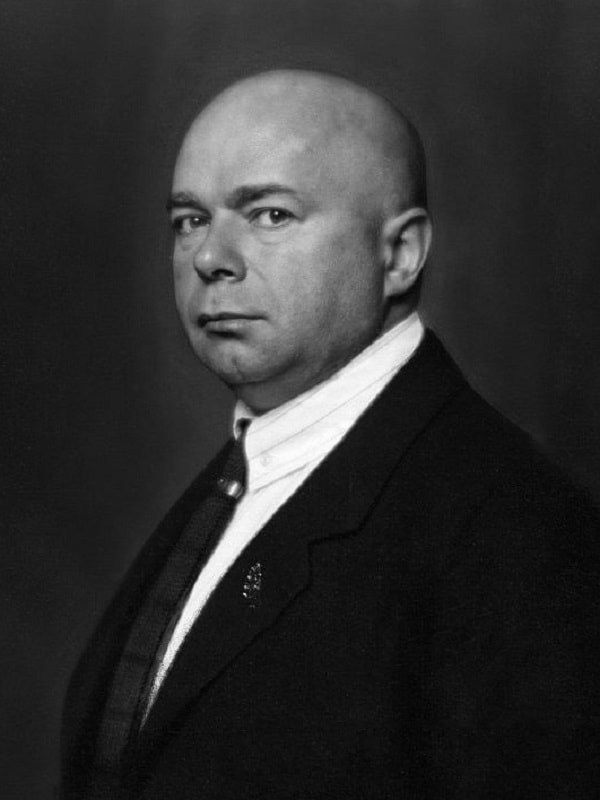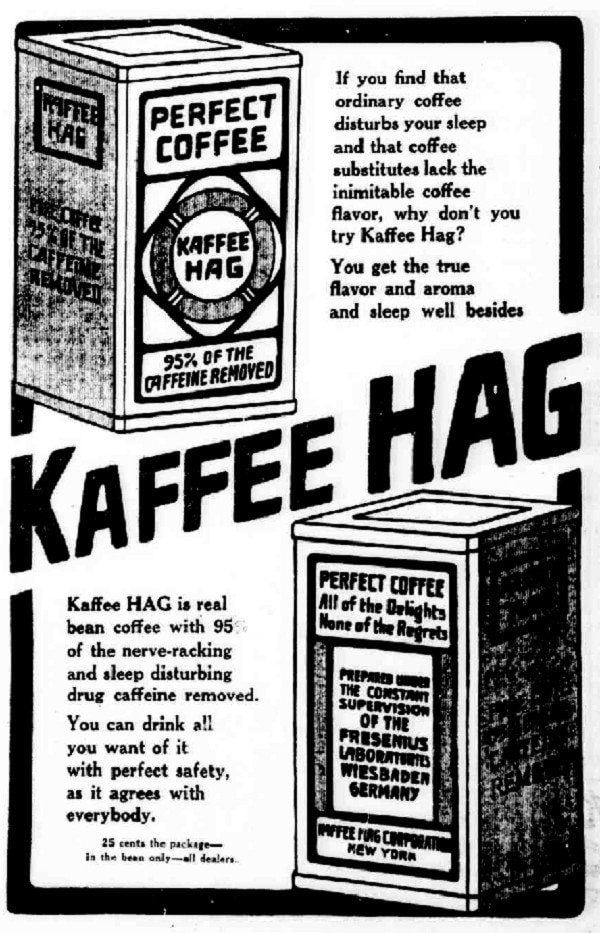A mistake is usually best avoided, but fortunately for most of us most of the time, the consequences of our mistakes are minor. Every now and then, however, a mistake comes along that changes history – for better or for worse. Christopher Columbus, for example, wouldn’t have set sail in 1492 if not for a math mistake. Decaf coffee was discovered by accident, and the use of tea bags first became widespread because of a misunderstanding. Below are twenty five things about those and other relatively small mistakes that changed the course of history.

ADVERTISEMENT - CONTINUE READING BELOW
The Mistake That Led to the Discovery of Decaffeinated Coffee
German coffee merchant Ludwig Roselius (1874 – 1943) was conflicted about his profession. On the one hand, he made a living selling coffee. On the other hand, he thought that caffeine was “poison”, and that too much coffee and caffeine had killed his father. In a way, it seems like the setup for a comic book supervillain’s origin story. One of the lamer supervillains, perhaps, desperate to visit vengeance upon the evil caffeine that slew his Dear Papa. Then a random mistake in real life gave him a chance to strike a blow against caffeine.

ADVERTISEMENT - CONTINUE READING BELOW
In 1903, Roselius received a shipment that contained a box whose coffee had accidentally been soaked in seawater. When brewed, it turned out that the seawater had removed most of the caffeine from the beans, without losing much of the coffee’s flavor. That got Roselius started on a series of experiments, and in 1906 he patented a method to decaffeinate coffee with steam and acids. The resultant product was sold as Kaffee Hag throughout much of Europe, and as Sanka in France and the US. Both are now Kraft Foods brands.

